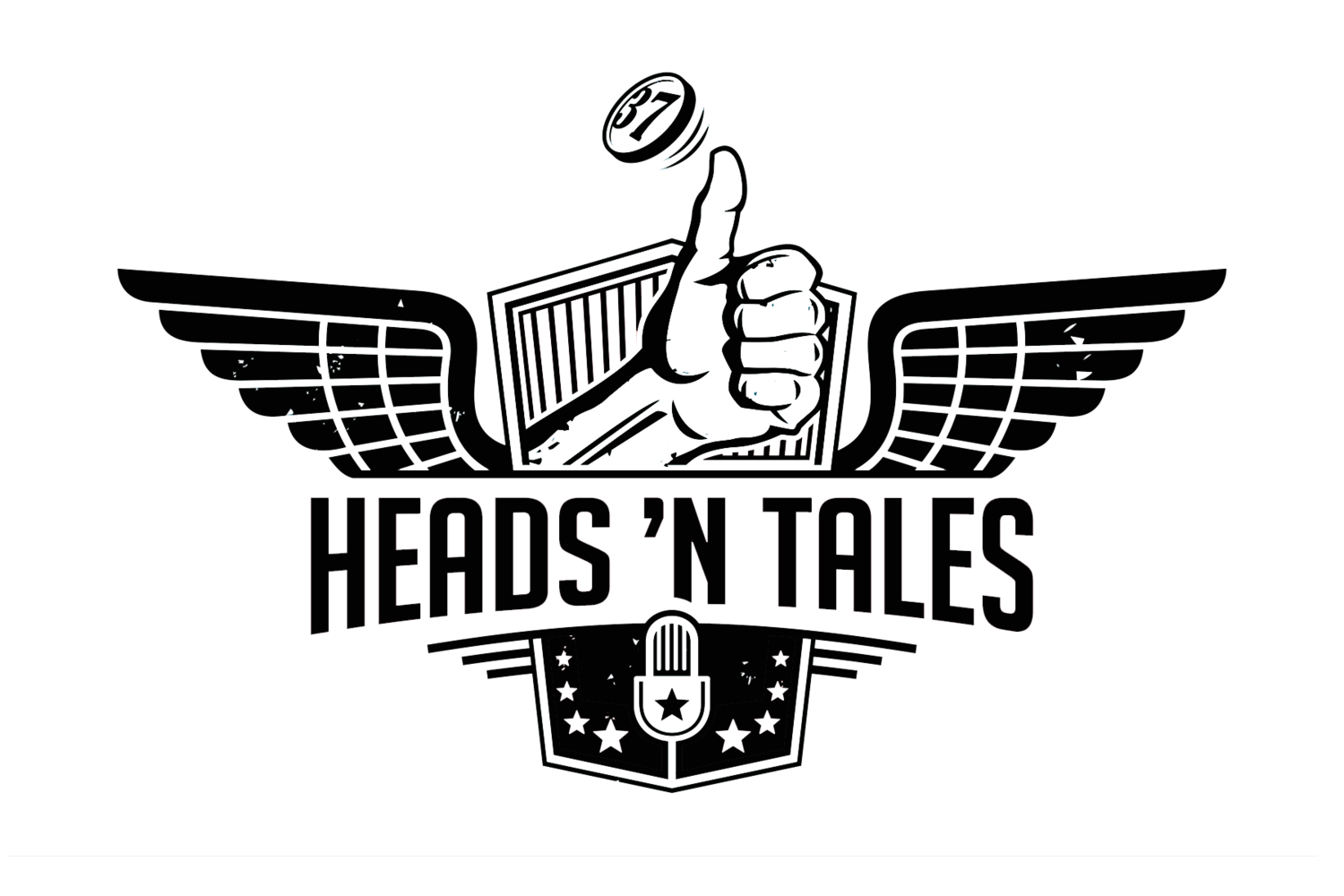Eating to Heal & Eating to Perform with Sports Nutritionist, Erin Sparrold
Erin Sparrold, CN, MET is a Sports Nutritionist with the Mind of the Athlete group and has over 20 years of nutrition coaching experience. Erin holds a degree in nutrition science from the University of Arizona and a sports specific certification in metabolic efficiency training. A major focus of her studies is on nutritional interventions for treatment of anxiety and depression which can be problematic for both healthy and injured athletes. In episode 55, we talk about nutrition both for athletes looking to improve their performance on the field and for those who are out of the game either temporarily or long-term. When an athlete is out of the game due to an injury, illness, retirement or other obstacle, a focus on nutrition can help distract from negative thoughts and puts you in control of getting healthy.
Below are some of our talking points:
Erin's athletic background
What Erin wished she knew about nutrition when she was an athlete
Athletes and body image
Looking for red flags
Reporting restrictive consumptions
Short list of foods they eat
Sense of anxiety to eat certain foods
How to help these athletes
Working side by side with the sports psychology doctors at Mind of the Athlete
Promoting the benefits of food
Nutrition for athletes who need to gain weight the healthy way
Why all women should lift weights
Postural issues
Improving/ Maintaining bone density
Fighting the loss in skeletal muscle mass as you age
Improving metabolism
Why the post competition/training nutrition is so important
Within one hour of exercise
Paleo conversation, the pros and cons
Why there is nothing you should NEVER eat and why living in deprivation is unhealthy
What athletes should eat everyday
Why your plates should have lots of plant-based color
Why you should avoid eating processed foods
Macro vs. micro nutrients
Foods for brain health
Omega 3’s from fatty fish especially
Gut health’s relationship to brain health
What is Kefir and why is it a good recovery drink
Nutritional interventions and depressions
Why an athletes calorie consumption should match their performance output
Alcohol and it's effect on athletic performance
Dehydration
Lowers production of growth hormone
Avoid the buzz
Makes you clumsy because nervous system isn’t on point
Takes a few days to recover
In regard to injury recovery, it leaves you more prone to depression
Nutrition for endurance vs. power athletes
Are creatine and other supplements safe for athletes to take?
The benefits of eating organic
Tips for eating organic on a budgets
Switch everything that comes from a cow to organic
Gluten conversation
Still a lot unknown
Avoid if eating it leads to GI distress and bloating
False healthy halo, replacement products aren’t always better for you
Most performance issues come from dehydration
Effects your ability to focus, regulate body temperature and perform agile/plyometric movements
Why Gatorade might not be the answer due to its high sugar content
Better options for electrolyte replacement:



